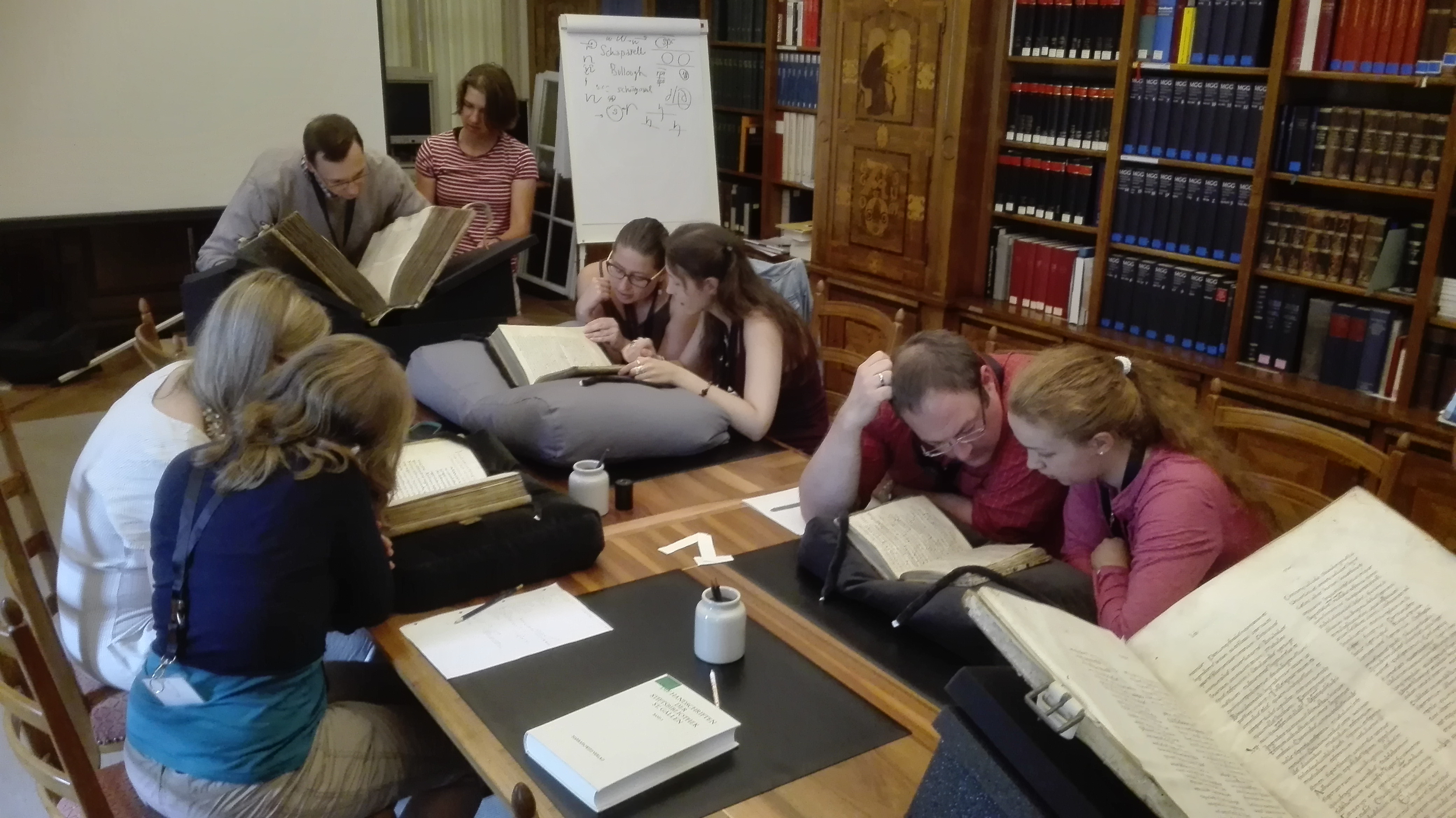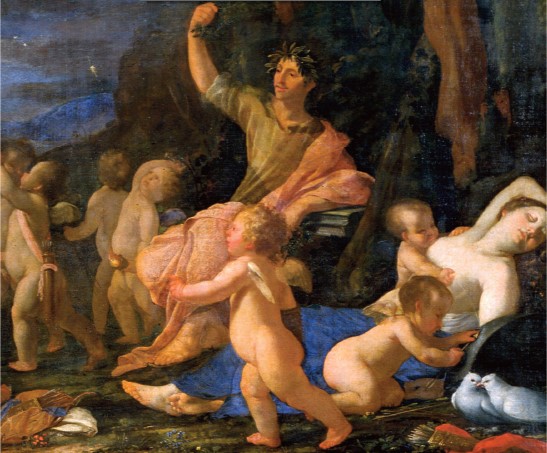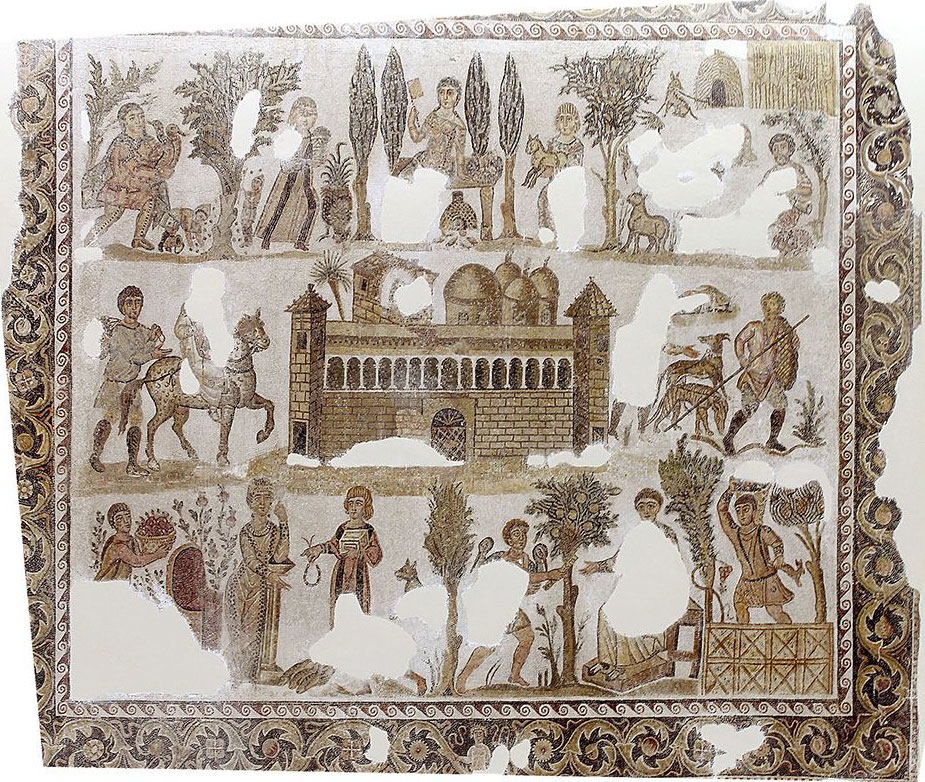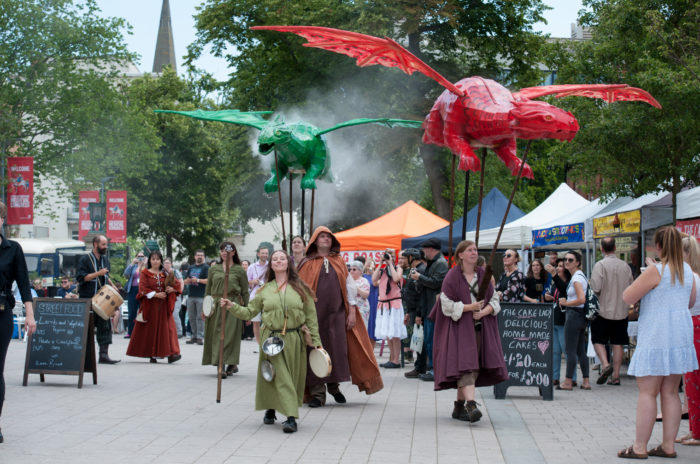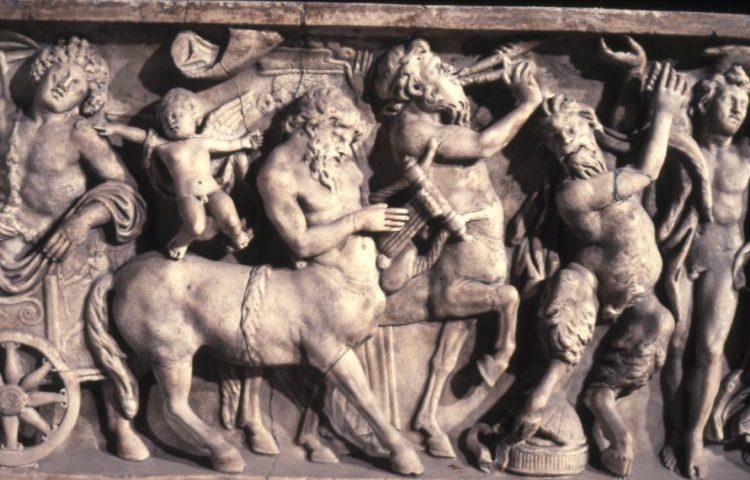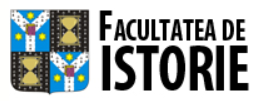Gestalten der Spätantike
University Erlange-Nürnberg Erlangen, GermanyIm Rahmen der AG Spätantike wird im Wintersemester 2018/19 folgende Lehrveranstaltung angeboten: Lateinische Spätantike: Gestalten der Spätantike Kämpferische Kirchenväter, dichtende Frauen, Päpste, Kaiser und Philosophen: unser Bild der Spätantike wird durch das Wirken und die Werke herausragender Persönlichkeiten geprägt. Das von der Arbeitsgruppe Spätantike veranstaltete Seminar stellt einige von ihnen vor. Daran beteiligt sind Fachleute …
Convegno internazionale Dopo Ovidio
Palazzo Florio, University of Udine Via Palladio 8, Udine, ItalyFeaturing Chiara Battistella (Udine), 'Ovidio e Sidonio Apollinare'
Sara Fascione on Symmachus in Sidonius
Teviot Lecture Theatre Teviot Place, Edinburgh, United KingdomSara Fascione, 'The reception of Symmachus in Sidonius Apollinaris' letters'
Roger Green on Humour in Sidonius’ Poems
McDonal Institute Room B16, David Williams Building, Faculty of Law, Cambridge, United KingdomRoger Green speaks on 'Humour in the Poems of Sidonius Apollinaris' for CLANS (Cambridge Late Antiquity Network Seminar Series)
Letter and Epigram
Humboldt-Universität Unter den Linden 6, Berlin, GermanyConference: Brief und Epigramm: Bezüge und Wechselwirkungen zwischen zwei Textsorten in Antike und Mittelalter Judith Hindermann (Universität Basel) Grabepigramm und Trauerbrief: Plinius der Jüngere, Ausonius und Sidonius Apollinaris Margot Neger (Universität Salzburg) Epigrammatische Einlagen in den Nachrufen auf Literaten bei Sidonius Apollinaris (Epist. 4.11 und 8.11)
Shifting Frontiers in Late Antiquity 13
Claremont McKenna College Claremont, CA, United StatesThe Society for Late Antiquity is pleased to announce the thirteenth biennial meeting of Shifting Frontiers in Late Antiquity, to be held at Claremont McKenna College, in Claremont, California. Specialists in art and archeology, literature and philology, history and religious studies, working on topics from the 3rd to the 8th century CE, will present a series of papers examining the impact of disasters on late-antique communities, including their susceptibility to disaster, the means by which they coped, and factors that increased resilience and facilitated recovery from disasters. In order to foster the thematic breadth and interdisciplinary perspective for which Shifting Frontiers is well-known, the papers will consider the full range of traumatic events, and also long-term processes, that could distress communities: economic, environmental, political and religious. The aim of this conference is to move beyond the descriptive and stimulate analytical and theoretical approaches to understanding how distressed communities behaved in the short and long term. Local communities developed daily and seasonal rhythms to mitigate vulnerabilities and fragility. The dread of disaster shaped the late-antique psyche and, in some ways, the cultural landscape of communities. And disasters of various kinds had a wide range of impacts, depending upon severity and the nature of communal resilience. Therefore, presentations will query the extent to which the economic, cultural, political or religious resources of communities (or their lack) determined levels of susceptibility, impact, response or resilience. To what extent do late-antique sources acknowledge vulnerability and fragility? What mechanisms created durability and resilience? What were the emotional and intellectual responses to disaster? Does an awareness of the psychological impact of fragility and disaster alter our interpretation of various forms of evidence in Late Antiquity?
54th International Congress on Medieval Studies
Western Michigan University 1903 W Michigan Ave, Kalamazoo, United StatesHosted by the Medieval Institute at Western Michigan University, the International Congress on Medieval Studies is an annual gathering of around 3,000 scholars interested in medieval studies. The congress features more than 550 sessions of papers, panel discussions, roundtables, workshops, demonstrations, performances, and poster sessions. There are also some 100 business meetings and receptions sponsored …
Leeds International Medieval Congress
University of Leeds Leeds, United KingdomIMC 2019, 1-4 July 2019 Drawing medievalists from over 60 countries, with more than 2,000 individual papers as well as public concerts, performances, excursions, bookfairs and more, the International Medieval Congress (IMC) is Europe’s largest forum for sharing ideas in medieval studies. This year's special thematic focus is 'Materialities'. Programme at https://www.imc.leeds.ac.uk/imc2019/programme/.
15th FIEC/Classical Association Annual Conference
UCL Institute of Education 20 Bedford Way, London, United KingdomMichael Hanaghan will speak on 'Uniting Reception: Poetic Regret in Sidonius Apollinaris' Last Epistles'
Patrizia Mascoli on Translating Sidonius
University of Iași Iași, RomaniaPatrizia Mascoli (Bari) will speak about her translation of Sidonius' correspondence at the 11th Romanian-Italian Conference 'Tradizione e innovazione tra antichità classica e cristianesimo' (10-12 October 2019) at Iași.

